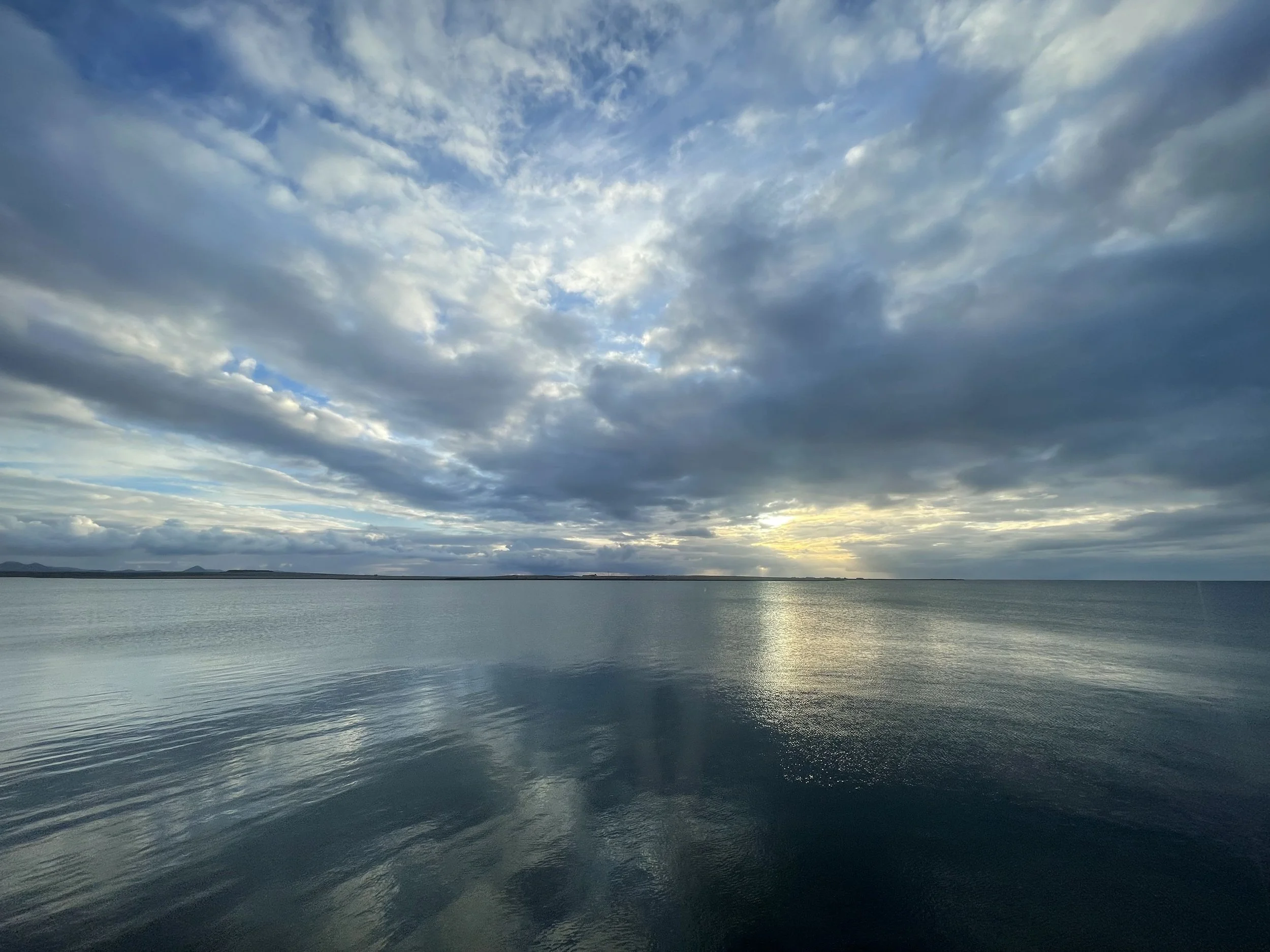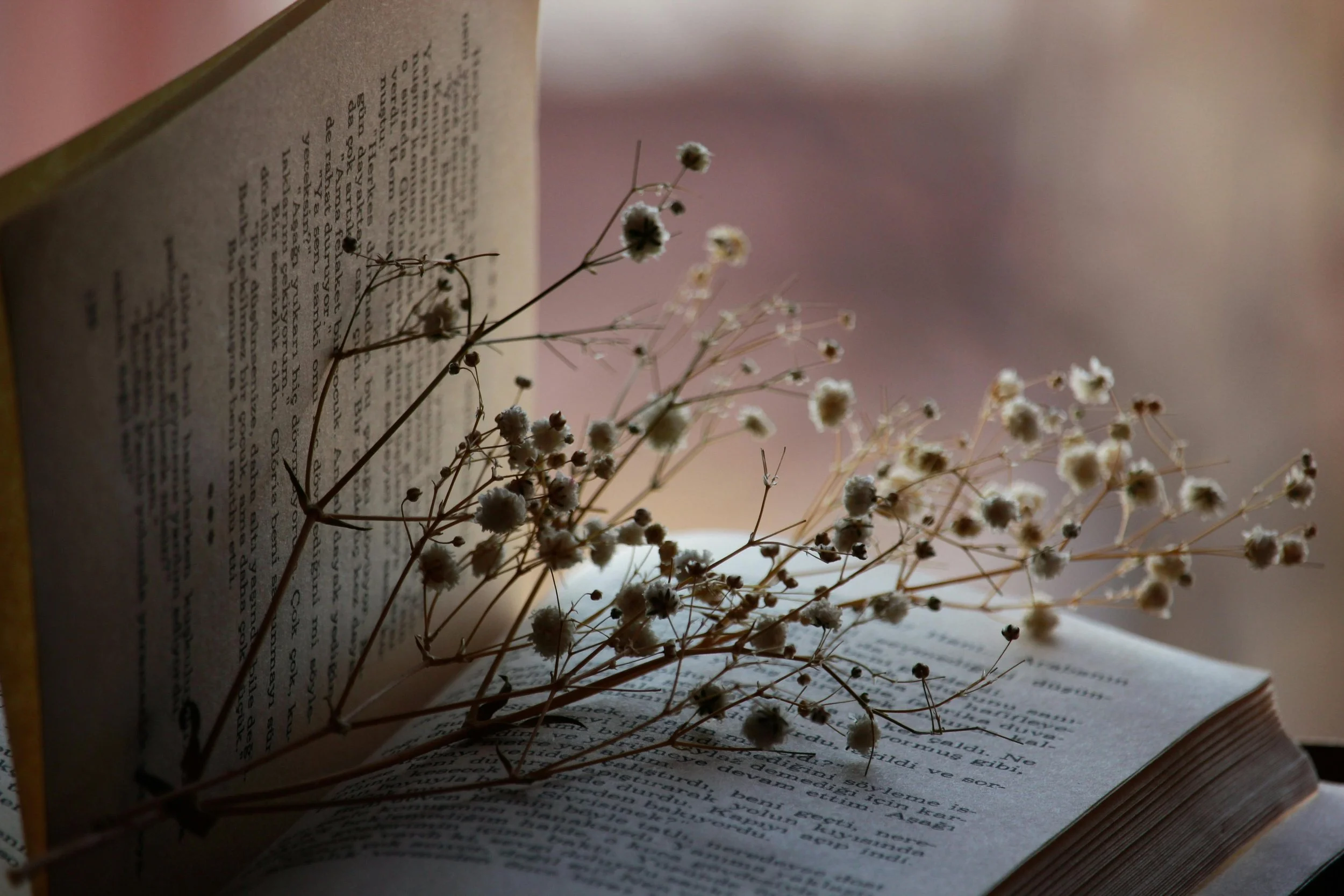The theme of this year’s UN International Day of Peace is “Right of Peoples to Peace.” September 21, 2014 marks the 30th anniversary of the General Assembly Declaration on the Right of Peoples to Peace.
Religious Freedom on the Brink
A shorter version of this article was originally published October 12, 2012 by the Huffington Post. Mr. Speckhardt has added several paragraphs at the end, updating his analysis. A library of stories dramatizing his thesis have been written since; his basic focus on the “need to ensure that a person’s freedom of thought and speech is paramount” continues to ground the whole issue of religious freedom. Ed.
A Muslim Initiative Addresses Radicalization of Young People
Moderate Muslims and interfaith activists are regularly, persistently asked the question: Why don’t your leaders step forward and protest the advancing threat of Islamic extremism? Especially in light of troubling headlines from Iraq and Syria in recent weeks?
In fact, American Muslims have established dedicated websites brimming with articles and YouTube segments by prominent Muslims leaders, citing the Quran and full of harsh condemnation against religious extremism – websites mostly unknown to the greater public. Heretics have “high-jacked” their religion and caused Muslims in America and the world to be targets of Islamophobia, and they are raising their voices. Only recently have major media started to pay attention.
Salt Lake City to Host 2015 Parliament of the World’s Religions
At a September 9 press conference, the Parliament of the World’s Religions announced that the next global Parliament will be in Salt Lake City, Nevada, October 15-19, 2015. The event will address a host of issues, with special attention given to climate change, wealth disparity, and global violence.
Stop Violence in the Name of Religion
The following statement is signed by distinguished leaders from a variety of religious traditions. It was published July 24, 2014 and made available by Al-Monitor.
The End of Religious Freedom?
What is religious freedom? Is it the freedom to worship or otherwise interact with God, gods, or other things and entities as one sees fit? Is it freedom of conscience in terms of the supernatural? If religious freedom also involves the right to live out one’s religion in the public sphere, how far does that right extent? If religious freedom involves the right of churches (and like organizations) as well as individuals, to what extent do they operate independently of state control? Steven D. Smith’s The Rise and Decline of American Religious Freedom is an elegy for an expansive understanding of the “first freedom” protected by the First Amendment.
Looking Beyond the Crises
Living hasn’t been easy this past summertime, if you care about faith and practice. Stories of diminishing religious freedom and accelerating religiously related violence flooded TIO’s interfaith news aggregation file. For the first time ever we’ve included the monthly collection of news stories under the theme-line this month, Religion in Crisis, since most of them provide fodder for the discussion.
Coming Out in the Muslim Community
One of the greatest heartbreaks in my life occurred after coming out at the age of 24: I lost my Muslim community. After my public coming out, via an article in The Los Angeles Times, and the backlash that came with it, I retreated. I distanced myself from the people I cared about, the people I’d been raised with in the masjid in Los Angeles, those whom I viewed as extended members of my own family. I was certain that they had stopped caring about me. It took me years to take responsibility for my part in that break rather than only see myself as a victim of circumstance.
Four Things To Learn from One of America’s Oldest Religious Communities
Sunlight pours into the plain, open room through its many windows. Men and women of all ages gather in rows of simple wooden benches all aligned to face the center of the room, facing one another. Together they sit in stillness and silence, actively waiting for inspiration to arrive.
For at least an hour each week, Quakers – or more formally known as the Religious Society of Friends – come together in this room for what is called a meeting for worship. While the structure varies from meetinghouse to meetinghouse and from perspective to perspective, this tradition (comparable to a church service) offers valuable insights into how one can live a mindful and fulfilling life – with or without the religious context.
Revival in the Balkans
Bridging Borders and Boundaries in a Troubled World
On the first full day of NAINConnect 2014 last month, as 150 participants fanned across greater Detroit in bussed site-visits, a torrential 6.2 inches of rain fell on Detroit in a few short hours. Not since ten taxis failed to show up in San Francisco in 2008 to transport NAIN participants from the university to a dinner-cruise on the Bay, have NAIN planners experienced so much unexpected disaster. Except the consequences in Detroit were mind-numbing.
Remembering B.K.S. Iyengar – The Light of Yoga
Last fall, I had the honor of meeting with B.K.S. Iyengar, who died on August 20, at his yoga institute in Pune, India. Dressed in a crisp white kurta, a perfect match for his snowy hair and famously majestic eyebrows, he had graciously squeezed in a visit with me between institute business and his receipt of an award from the local government. At age 95, he had taught a yoga class that morning.
Hal French, a Personal Reminiscence
The sudden death of Hal French this past July 10, at the age of 84, was a shock and sadness to his many friends around the world. He was a gentle giant among the pioneers who have opened the doors to interfaith culture over the past half century. We express our deep sympathy to his wife Rannee and the family.
A Personal Reminiscence of Rabbi Zalman Schachter-Shalomi
Global Religion – A Perfect Storm, by the Numbers
Religiously related beheadings broadcast this summer over the internet snapped the world to attention, initiating a dark new chapter in global religious relationships. We might call this a tragic aberration if the madness were confined to Iraq/Syria, or if religious freedom was not diminishing globally even as religiously related conflict is accelerating. But this new level of violence could push us to a tipping point. Humankind’s best hope may be the willingness of peacemakers, religious and secular, to join hands strategically to end absolutist violence, wherever it’s found.





